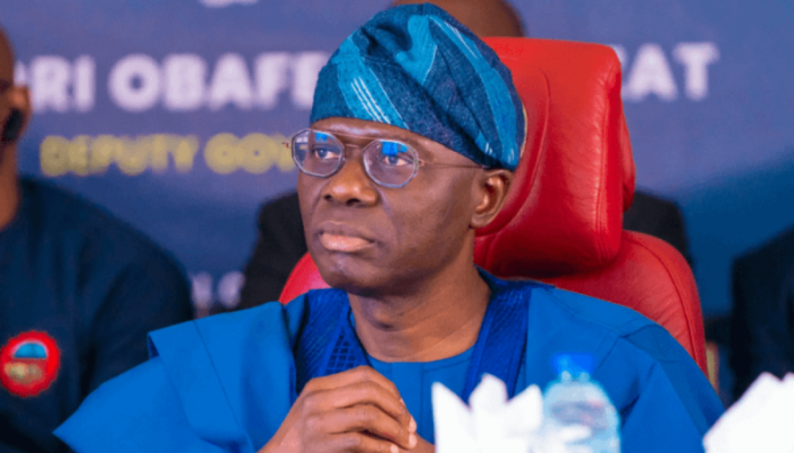A former president of the Nigerian Bar Association, NBA, Olisa Agbakoba, SAN, says the country still has a long way to go to achieve a multi-party democracy.
Agbakoba made the statement on ‘Politics Today’, a programme on Channels Television on Friday, stating however, that Nigeria’s 26 years of uninterrupted civilian rule is commendable.
He said that the current practice where almost everyone wants to belong to the party in power needs to give way for a multi-party democracy where the opposition’s role is well defined.
“The fact that we have done 26 years uninterrupted, I would like to look at it as half-full glass. I like to be optimistic and say that it is a long journey and that we have come a long way from the days of the military.
“It is not perfect. There is a lot that still needs to be done. Democracy still needs to be consolidated. Even in the president’s broadcast at the joint session at the National Assembly, he alluded to the fact that we have a long way to go; we don’t have a strong multi-party system of democracy.
“We still have a situation of just one party where everyone wants to join the national elite party. Whether it’s the PDP, APGA or APC, the manifestoes are not different.
“So, we still got a long way to go to achieve multi-party democracy where you have a clearly defined opposition and a clearly defined ruling party,”; he said.
Recall that during his Democracy Day speech at the joint session of the National Assembly onThursday, President Bola Tinubu honoured some heroes of the June 12 democracy struggle with national awards.
DAILY POST reports that the awardees were activists, journalists, scholars who spoke vociferously against the military government at the time.
Agbakoba, who was one of the activists that led the struggle, hailed the president for the gesture but said that the list of those to be honoured is not yet complete.
He also urged Tinubu to grant local government councils the political autonomy to govern their areas, saying that he has only gone the half way in granting them financial autonomy with the Supreme Court judgment of July 2024.







